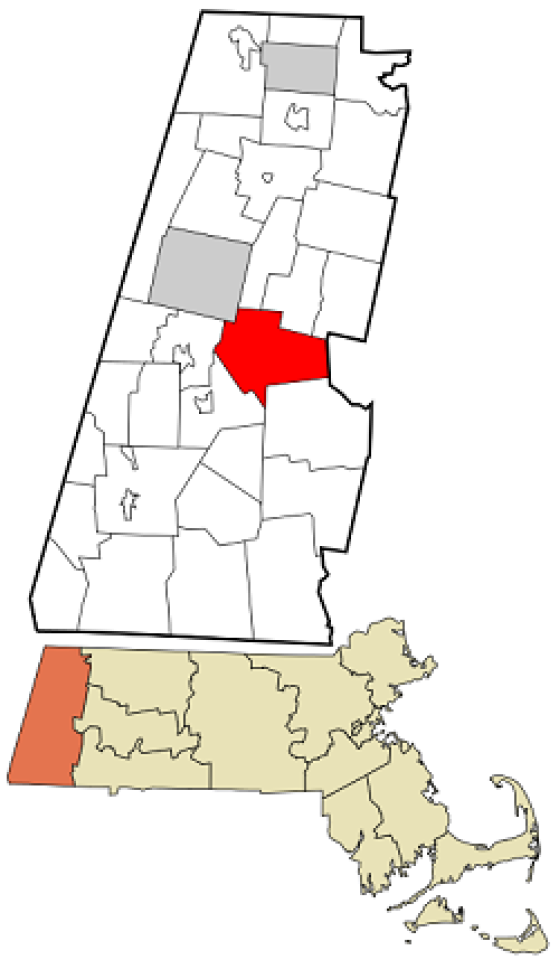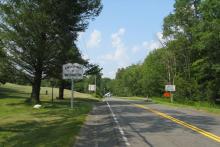Fiber Network is ‘Life-Changing’ Music for Folks in Washington, MA
As the oldest son of the legendary folk singer Woody Guthrie, Arlo Guthrie — the Town of Washington, Massachusetts’ most famous resident — built a name for himself as a singer-songwriter by letting folks know, “You can get anything you want at Alice's Restaurant.”
But if you ask the town’s Broadband Manager Kent Lew, there was one thing that was not on the menu in Washington before last year: high-speed Internet connectivity.
That’s no longer the case as the small town of Washington (pop. 549) has been on the vanguard of rural communities in the hill towns of the Berkshires that have built out (or are in the process of building out) Fiber-to-the-Home (FTTH) networks to bring gigabit speeds and affordable connectivity for residents for decades into the future.
The Pandemic: Curse & Blessing

“On the eve the Governor announced the (pandemic) shut down in March of 2020, our first Fiber Service Area was ready,” Lew recalled in a recent interview with us. “It was tremendous that we were able to do this just as people really needed it.”
As one of dozens of Western Massachusetts towns working in partnership with municipal utility provider Westfield Gas + Electric (which operates Whip City Fiber) to build broadband infrastructure, it was in 2015 that Town Meeting voters authorized a $770,000 bond issuance to finance half the construction costs of the $1.47 million network. The other half came from state grant funding.



